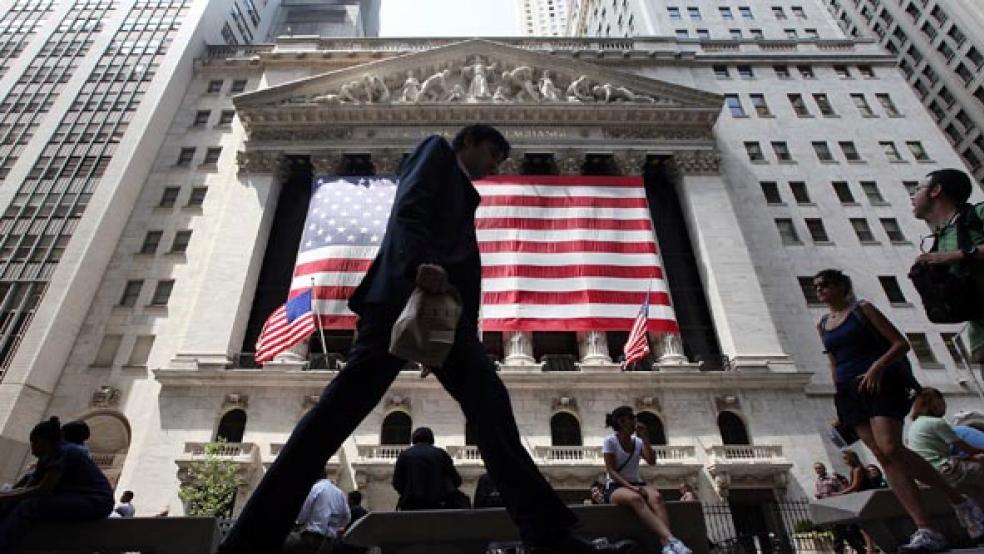The U.S. government needs to implement greater financial reforms under the Dodd-Frank Act in order to address new risks, the International Monetary Fund said Tuesday.
"Regulatory reforms remain incomplete and the structure of oversight has scope to be strengthened along a number of dimensions," the IMF said. "The regulatory landscape remains fragmented resulting in gaps, overlaps, and the potential for delayed responses to emerging risks, and should be simplified over time."
The IMF added that while the 2010 enactment of the Dodd-Frank Act, which created the Financial Stability Oversight Council, has taken steps to avoid another crisis similar to the one in 2008, it is not equipped to deal with the risks posed by "new pockets of vulnerabilities" which have emerged since.
"Risks are elevated in the non-bank sector, where 'run' and 'redemption' risks are increasing as a result of leverage and maturity transformation, and deeply interconnected wholesale funding chains. Insurers have taken on greater market risk and could be faced with negative equity in a downside scenario," the report also said, adding that large banks are even more interconnected than they were in 2010.
Related: How Fiscally Healthy Is Your State?
Aditya Narain, the IMF's Capital Markets Department division chief in financial sector analysis, said in a conference call that "these recommendations need to be implemented to avoid another financial crisis."
Nevertheless, the organization also said it maintained its 2015 U.S. economic growth outlook at 2.5 percent, adding that the economic underpinnings remain strong. "Stronger growth over the next few years is expected to return output to potential before it begins steadily declining to 2 percent over the medium term," the IMF said.
The organization also added it does not see the Federal Reserve reaching its medium-term inflation objective until mid-2017 in large part because of the dollar's recent appreciation and lower oil prices.
"The real appreciation of the currency has been rapid, reflecting cyclical growth divergences, different trajectories for monetary policies among the systemically important economies, and a portfolio shift toward U.S. dollar assets," it said. "Lower oil prices and increasing energy independence have contained the U.S. current account deficit, despite the cyclical growth divergence with respect to its main trading partners and the rise in the U.S. dollar."
The organization reiterated the Fed should hold off on raising rates until it sees higher price andwage inflation.
Related: The Pros and Cons of Bernie Sanders’ $50 Billion Tax Idea
The IMF also added that U.S. financial markets could be subjected to greater volatility when the Fed does decide to raise rates.
"Market valuations are beginning to appear stretched," it said.
"Stock prices reached all-time highs in early 2015, and measures such as Shiller's cyclically-adjusted price-to-earnings ratio suggest that the stock market is around 1 standard deviation above historical norms. Margin borrowing as a percentage of market capitalization is higher than during the 1990s stock market bubble, and is more worrisome given the decline in market liquidity," the report said. "The search for yield has also compressed risk premiums across most fixed income classes."
This piece originally appeared on CNBC.
Read More at CNBC:




